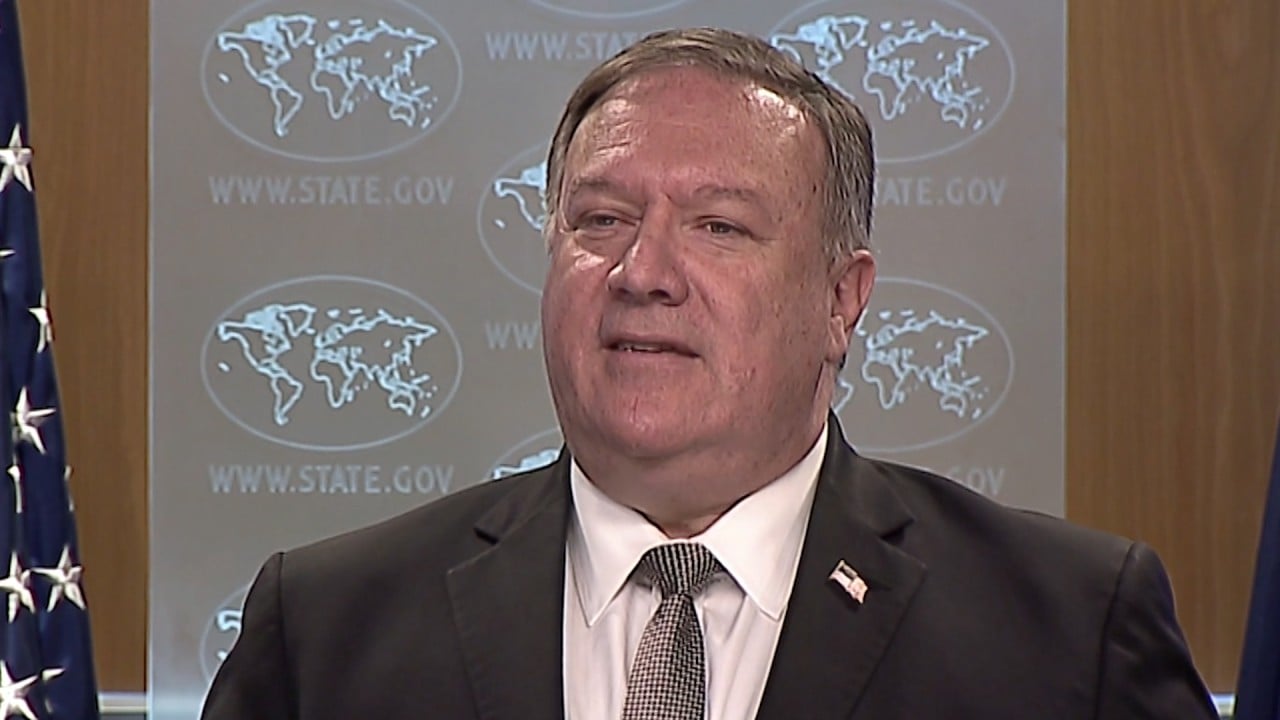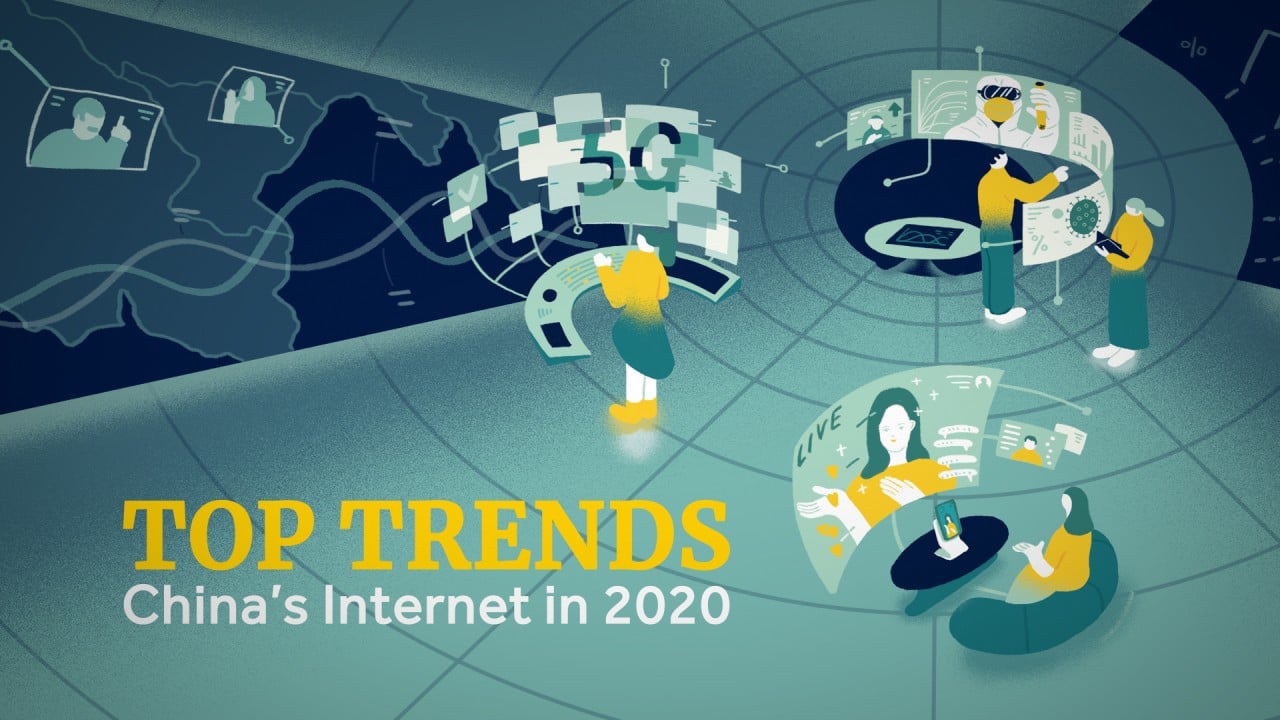
Huawei’s troubles show why China’s tech titans will struggle to go global
- If Beijing is serious about becoming a global tech power, then innovation is not enough; it needs real rule of law. Chinese companies will be treated fairly abroad only if China’s legal system evolves
Huawei has steadily emerged as a 5G pioneer, showing how a Chinese company can become a global heavyweight. Yet it has also become a different kind of pioneer: the first victim of a foreign blockade of Chinese technology companies, which could upend Beijing’s plans to become a global tech leader.
The argument underpinning the campaign against Huawei is that, because of China’s political and legal systems in which the Communist Party has absolute control, no company is truly independent and every company can become a tool of the party. As William Evanina, the director of the US National Counterintelligence and Security Centre, said: “Huawei … is not the problem; it’s the Communist Party of China.”
Huawei is just the first Chinese company that is strong and innovative enough to set off alarm bells in Western capitals. But it is becoming clear that it is not alone.

01:04
Pompeo says US considering ban on TikTok and other Chinese apps, praises Google, Facebook, Twitter
Chinese leaders imagined a very different future: Chinese companies would grow at home, shielded from foreign competition and, once firmly established in the world’s largest market, could move out and conquer the world.
Many future industries and products will involve sensitive data and potential security vulnerabilities. China used to be the world’s factory, churning out TV sets, fridges, toys and clothes.

02:27
UK bans Huawei from 5G network after US sanctions
If the US has fears about Chinese trains, how could it ever allow Chinese self-driving cars on American streets? Even in health care, the era of the humble pill is coming to an end – the future will be personalised medicine that involves analysing sensitive medical data, which Western governments will want to keep out of what they believe could be the Communist Party’s potential reach.
There is virtually no future tech field in which Chinese companies will not face the same accusations as Huawei does today. One by one, they will be shut out of many foreign markets, regardless of how innovative they are. Their only fault will be their country of origin.
What can Chinese companies and entrepreneurs do to avoid this? What companies and executives all over the world are doing: lobbying and influencing their government. This will not be easy – some party ideologues and apparatchiks will do anything to maintain their power over society and the economy.
But modern China’s burgeoning middle class and its vibrant enterprises haven’t developed thanks to those apparatchiks. Without scientists, engineers, innovators and entrepreneurs, there would be no New China, so they wield more power than they might think.

06:22
Three trends shaping China's internet from SCMP's China Internet Report 2020
Chinese companies will be treated fairly abroad only if China’s legal system evolves, assuaging foreign fears of an all-powerful Communist Party. It is obvious that the success of its tech companies is in China’s national interest.
Western governments, including the US, will also have to play a role. Their concern is understandable. But they need to accept – and state publicly – that if China develops a credible and independent judicial system, then Chinese companies will be treated fairly, regardless of whether China is a geopolitical competitor. Only in this way will the West create the right incentives that could help the rule of law develop in China.
Andrei Lungu is president of The Romanian Institute for the Study of the Asia-Pacific (RISAP)

